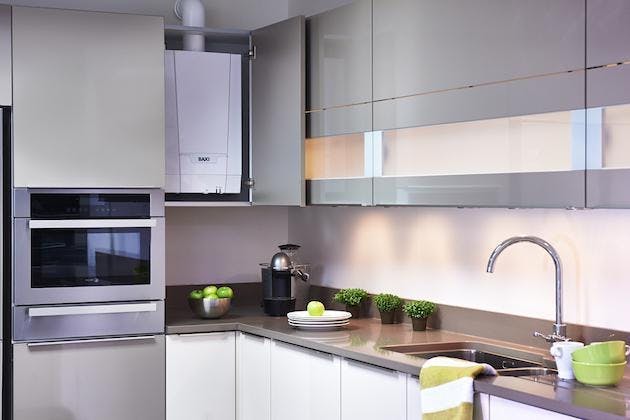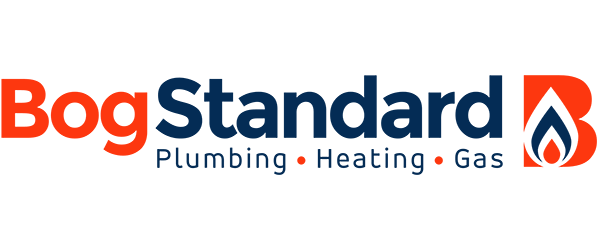An LPG boiler offers a smart and flexible heating solution for homes that aren’t connected to the mains gas grid. Whether you live in a rural property or you're exploring energy options for a renovation or new build, understanding how an LPG boiler works can help you make the right choice for comfort and efficiency. In this guide, we’ll walk you through the inner workings of an LPG system, its benefits, and why more homeowners are making the switch.
Understanding the Technology Behind LPG Boilers
An LPG boiler works similarly to a standard gas boiler, but instead of drawing natural gas from a mains connection, it uses liquefied petroleum gas (LPG), which is stored in a separate on-site tank. The fuel is a by-product of natural gas and oil extraction, typically made up of propane or butane, and is delivered to your home via road tankers or bottled cylinders.
LPG is stored under pressure in liquid form, either in refillable bulk tanks or replaceable bottles. When the boiler operates, the LPG is vaporised and burned in a combustion chamber to generate heat, which is then transferred to water via a heat exchanger. This hot water circulates through your home’s central heating system or is stored in a hot water cylinder for later use.

How the LPG Heating Process Works
The operation of an LPG boiler follows a carefully engineered sequence that ensures safe, efficient, and reliable heating for your home. Each stage plays a key role in delivering consistent warmth and hot water.
Fuel Supply from Tank or Cylinder
The process begins with the supply of fuel. LPG is stored either in a bulk tank outside your property or in smaller portable cylinders. When your boiler is switched on, a pressure-regulated valve carefully draws the gas from the storage system and channels it into the boiler’s combustion chamber. This valve ensures that the gas enters at the correct pressure to maintain consistent burning and safety.
Ignition and Combustion
When your central heating or hot water system calls for heat—typically via a thermostat or hot water tap—the boiler’s control system triggers the ignition. An electric spark safely ignites the LPG, causing it to combust in a sealed chamber. This process generates a concentrated flame that produces intense heat while keeping combustion gases safely contained within the unit.
Heat Transfer via Heat Exchanger
Once combustion is underway, the heat generated is absorbed by a metal component known as the heat exchanger. Cold water from your heating system flows over or through this exchanger, picking up the heat rapidly and raising its temperature. The material and design of the exchanger maximise surface area, improving energy transfer and overall boiler efficiency.
Circulation to Radiators or Taps
Now heated, the water is circulated through your home’s pipework by an integrated pump. If your heating is on, the hot water is pushed into the radiators or underfloor heating loops, warming your rooms. If a hot tap has been opened, the system delivers heated water directly to your taps or shower. In system or regular boilers, this hot water is stored in a cylinder, ready for when it’s needed.
Condensation Recovery
In modern condensing LPG boilers, there’s an additional step to boost efficiency. These models extract extra heat from the flue gases produced during combustion by passing them through a secondary heat exchanger. This process causes the gases to cool and condense, releasing latent heat that’s used to warm more water. This step significantly reduces wasted energy and can help lower fuel bills over time.
Managing LPG Storage and Refuelling
LPG can be stored in large refillable tanks or smaller portable cylinders. Many suppliers offer auto top-up and monitoring services, with tanks installed above or below ground depending on your space and preference.
Is LPG the Right Choice for You?
LPG boilers are ideal for properties without a mains gas supply and offer a balance of efficiency, performance, and flexibility. If you're switching from oil or installing a new system, LPG is worth considering.
Speak with LPG Experts LPG boiler in Stourbridge, Bromsgrove, Dudley, Harborne, Oldbury, Sutton Coldfield, Birmingham & Lichfield
Bog Standard Plumbing offers reliable LPG boiler installations, servicing, and maintenance tailored to off-grid homes. Call us on 0330 113 2248 or fill out our contact form and we'll be happy to help.


